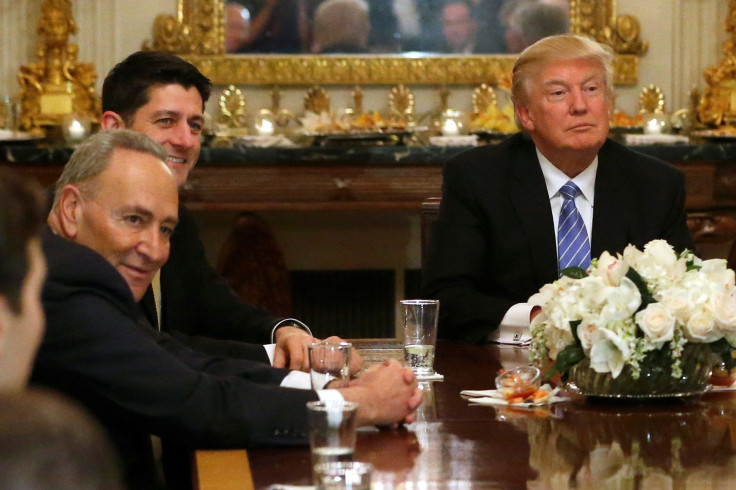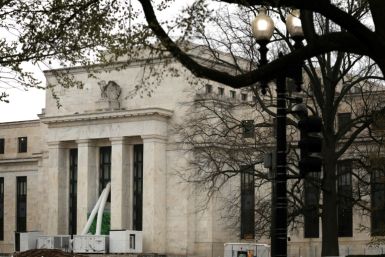Donald Trump may face lawsuit filed by former White House ethics attorneys

US President Donald Trump would likely face lawsuit for allegedly violating foreign payments law as a team of former White House ethics attorneys, constitutional scholars and Supreme Court litigators filed the case on Monday. The lawsuit might charge Trump for allowing his hotels and business operations to accept payments from foreign governments.
One example of the possible violation was before Trumps' inauguration where the Trump International Hotel in Washington welcomed foreign diplomats and politicians as guests. The act of paying the bills by the guests might lead to the violation of the clause.
What is Emoluments Clause?
The case filed against Trump focused on the violation of the Emoluments Clause, which is a provision in the US Constitution. Emolument is defined as the compensation for labour and services.
According to the clause written in the Article I of the US Constitution, “no Title of Nobility shall be granted by the United States: And no Person holding any Office of Profit or Trust under them, shall, without the Consent of the Congress, accept of any present, Emolument, Office, or Title, of any kind whatever, from any King, Prince, or foreign State.” The legal scholars explained that the clause was added in 1700s as corrupted gifts from the European countries might be accepted by American ambassadors.
The lawsuit would not seek monetary damages but would order Trump to stop taking payments from foreign entities. The payments that would be considered were from foreign entities including office building loans from foreign government-funded banks and leases with government tenants such as the Abu Dhabi tourism office.
Trump's reaction on Emoluments Clause
The group that filed the case argued that a federal officeholder, who received something of value from a foreign power, could compromise his or her loyalty and the best interest of the country. Trump and his attorneys rejected the idea that the clause should be applied to the president. According to Sheri Dillon, paying for a hotel is not a gift or a present.
Eric Trump, the president's son and executive vice-president of the Trump Organization, said that the company had taken more steps than required to avoid legal exposure. He said that they agreed to donate any profits collected from foreign government guests.
Meanwhile, Trump might face another case for allegedly violating the Presidential Records Act mandating the preservation of all presidential records. He might be sanctioned for deleting his misspelled tweet, as documented by the NY Post, on Saturday stating, “I am honered [sic] to serve you, the great American People, as your 45th President of the United States!”






